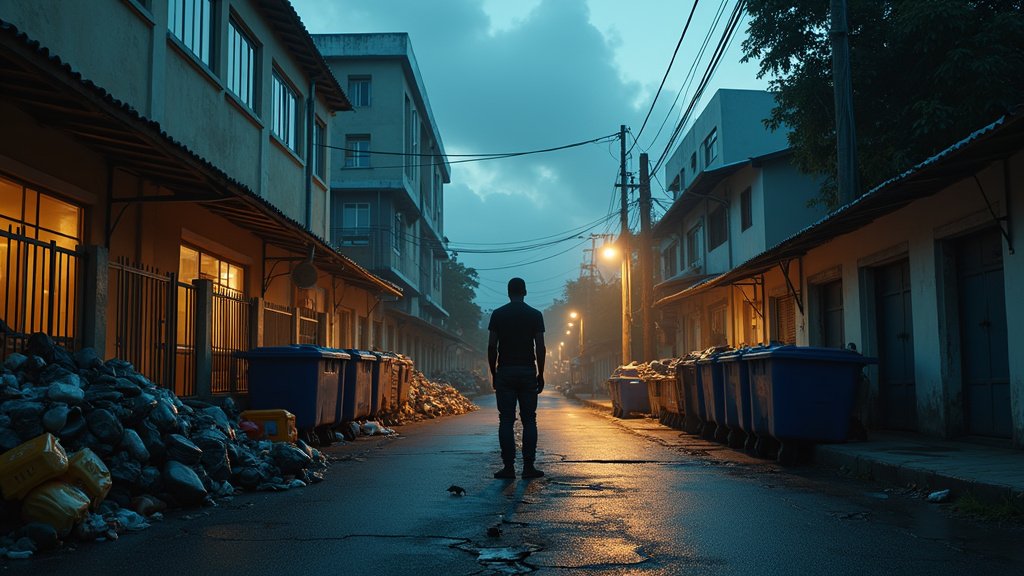A critical assessment of Jamaica’s current state, as reflected in recent news and commentary, reveals a disquieting paradox: while macroeconomic indicators may signal progress, the nation grapples with significant societal decay and a perceived erosion of its moral compass.
The Unraveling Moral Fabric
Recent discussions, including commentary originating from the Jamaica Observer, point to a worrying decline in societal values. This isn’t merely a matter of individual failings but is increasingly framed as a systemic “moral dis-ease” affecting the nation’s political, corporate, social, and personal spheres. This perceived moral decay is characterized by a lack of conscience, hypocrisy, and self-centeredness, leading to situations where ethical principles are compromised for personal gain. The nation is described as “lacking a moral compass,” struggling to consistently distinguish and act upon right from wrong, independent of external pressures. This moral vacuum is exacerbated by the pervasive influence of technology and social media, contributing to moral relativism and a decline in trust in institutions, creating an environment where societal ills can fester.
Tangible Signs of Disarray
This abstract moral decline is mirrored by a series of concrete societal challenges. While official statistics indicate a reduction in murder rates, concerns persist regarding fatal police shootings and the enduring impact of gang violence. Reports highlight credible allegations of arbitrary and extrajudicial killings, alongside a general public perception that crime is on the rise despite official figures.
Beyond crime, environmental and infrastructural deficiencies paint a stark picture of a society under strain. Inadequate waste management, characterized by uncollected garbage and rampant rat infestations, contributes to significant public health risks. These issues, coupled with poor urban planning and drainage systems, frequently lead to extensive flooding following heavy rainfall, disrupting daily life and damaging infrastructure.
Demographic pressures are also mounting, most notably a growing shortage of burial space. Many of Jamaica’s public cemeteries have reached full capacity, presenting a logistical and emotional challenge for grieving families and highlighting the strain on land use. This crisis prompts discussions about alternative funerary practices and underscores the need for long-term planning.
Economic Strides Amidst Social Stumbles
The narrative of societal strain in Jamaica is set against a backdrop of positive macroeconomic developments. The nation has seen fiscal discipline, a reduction in its debt-to-GDP ratio, and a robust recovery in the tourism sector. Unemployment rates are trending downwards, and structural changes in key industries are evident. Despite these economic gains, the persistent social and moral issues suggest that economic prosperity alone does not guarantee societal well-being or a strong ethical foundation. The gap between national economic figures and the lived experiences of citizens facing daily challenges remains a critical point of analysis.
Sector-Specific Challenges and News
Specific instances in the news underscore broader issues. Repeated interdictions of illicit drugs at the Norman Manley International Airport (NMIA) serve as a reminder of ongoing challenges with organized crime and trafficking. Concurrently, the Jamaican horse racing industry continues to face significant difficulties, described as being in crisis and heavily reliant on subsidies, reflecting economic vulnerabilities in specific cultural and sporting sectors. This industry’s struggles, alongside the news of regulatory efforts to support it, highlight the complexities of revitalizing traditional sectors.
The Path Forward
The situation in Jamaica presents a complex headline, one that requires a nuanced understanding beyond simple economic metrics. While positive news regarding fiscal health and economic recovery offers hope, the pervasive challenges of moral decay, environmental neglect, and persistent social issues demand urgent and comprehensive attention. Addressing these deep-seated problems will necessitate a national dialogue focused on restoring a strong moral compass and implementing sustainable solutions that resonate with the needs of all Jamaicans.

